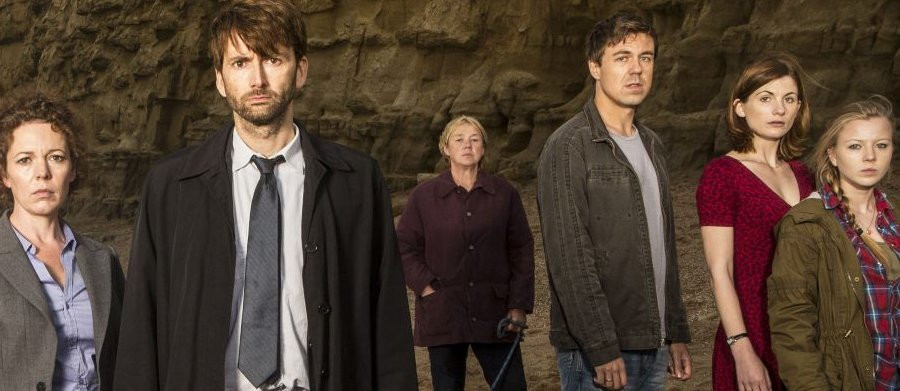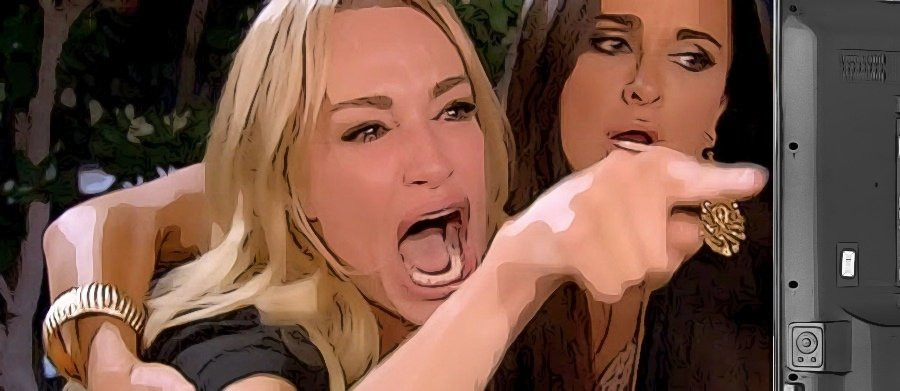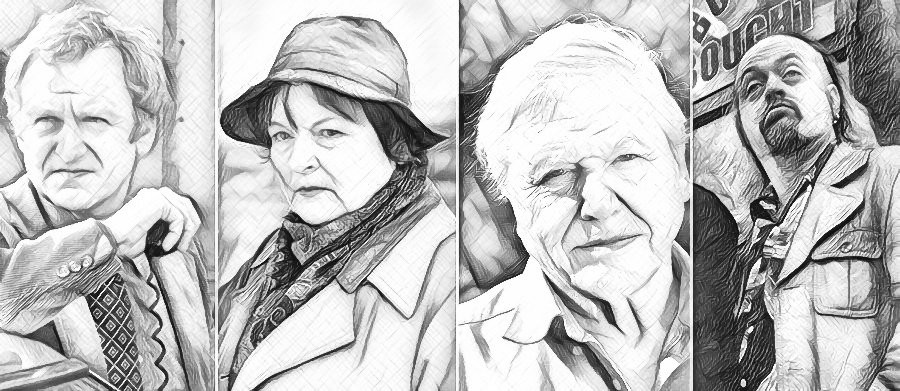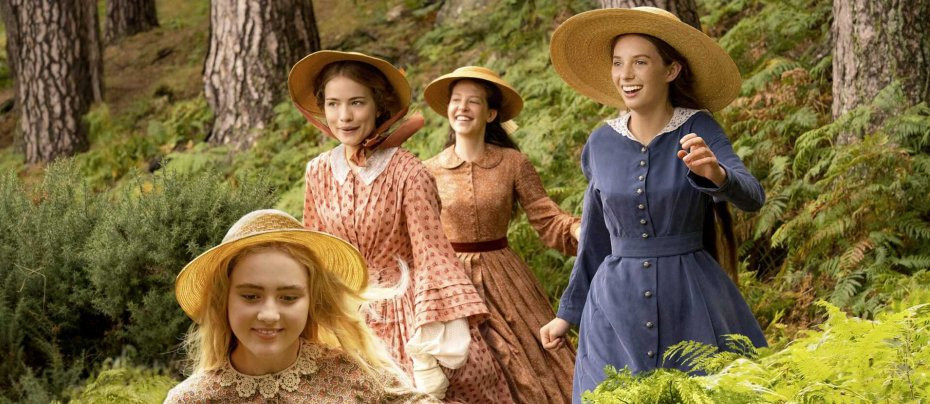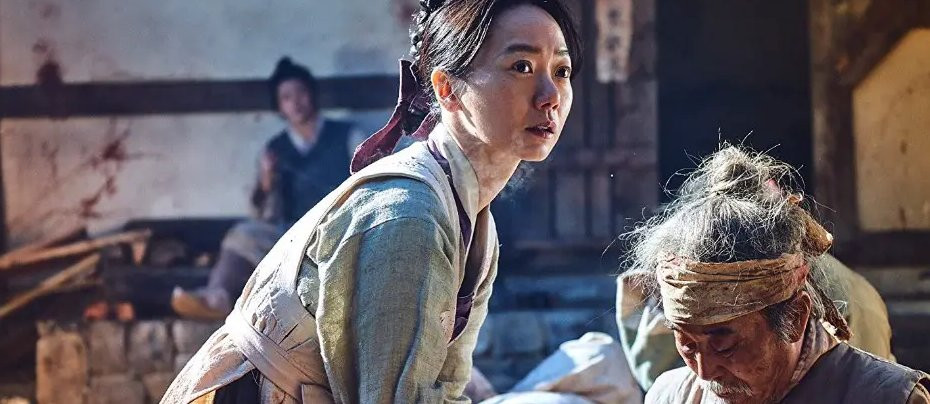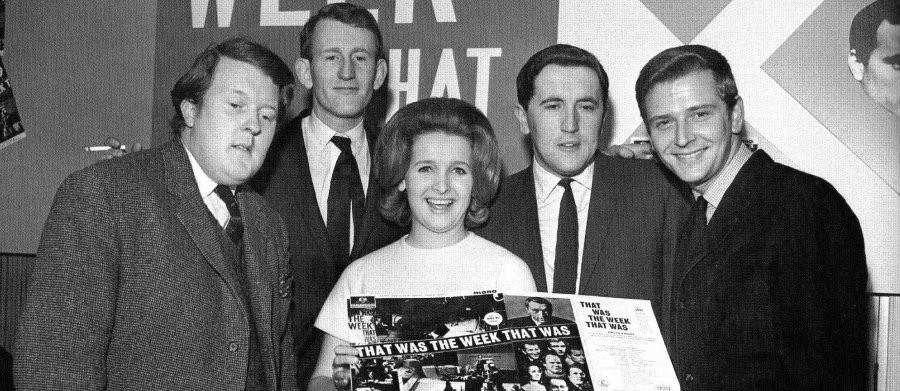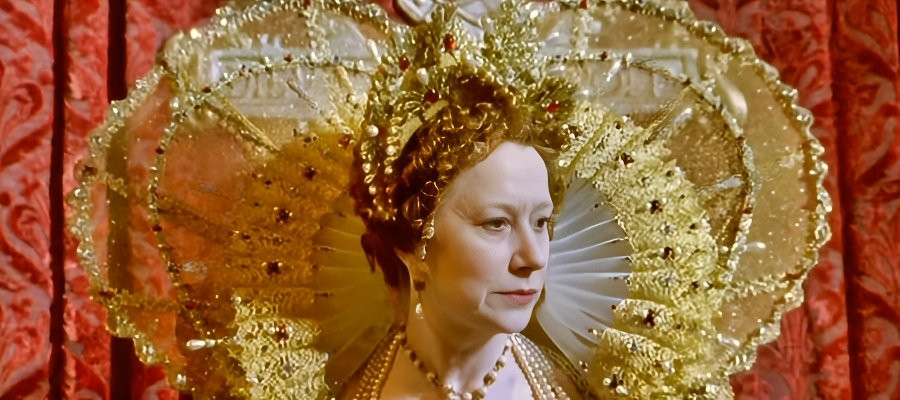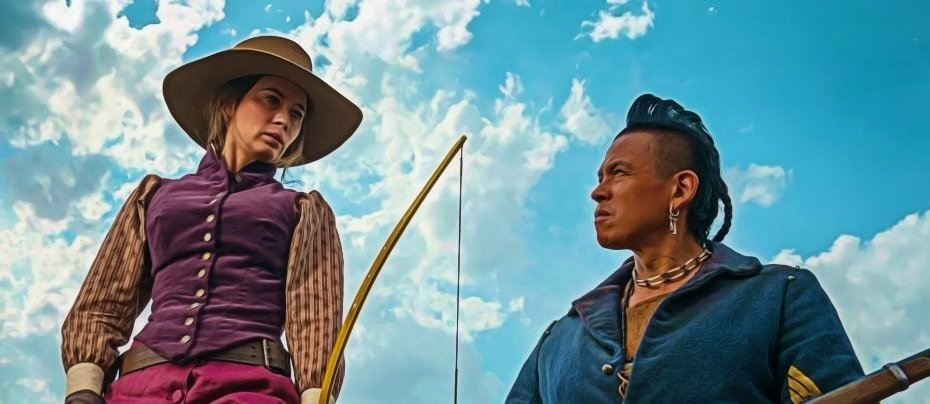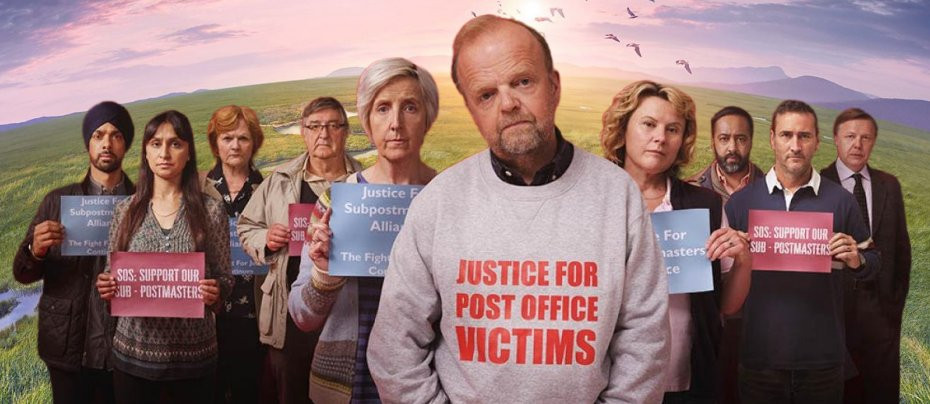
The Most Important Programmes of the 21st Century
Article by Laurence Marcus
Television programmes, especially those that deal with important social, educational, or political issues, have the potential to spark significant cultural change by shaping public perception, influencing societal norms, and prompting widespread discussions. When presented to the public in a compelling and thought-provoking way, such programmes can shift how people understand and engage with key issues, often leading to lasting changes in attitudes, behaviours, and policy.
Investigative documentaries or dramas based on real-life events, can have a direct impact on public policy. By shedding light on important issues, these programmes can lead to public outcry and calls for change, ultimately altering the cultural landscape.
Television can break taboos by giving voice to issues that are often considered off-limits in society. TV shows can normalize conversations around these issues and reduce stigma or expose wrongdoing. As the medium continues to evolve, its potential to affect cultural change remains as relevant as ever, offering a powerful tool for shaping society's values and priorities.
Here are five 21st Century programmes, in no particular order of importance, that have done just that:
Planet Earth
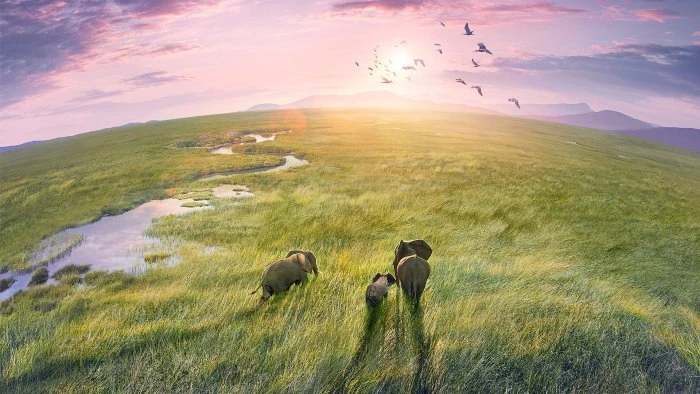
First released in 2006, Planet Earth was revolutionary in terms of the quality of its cinematography. Using cutting-edge filming techniques, the series showcased the beauty and diversity of Earth’s landscapes and wildlife in a way never before seen on television. This visual innovation captivated audiences worldwide and set a new standard for nature documentaries.
David Attenborough’s narration was a key element of Planet Earth’s success. His authoritative yet empathetic voice brought the natural world to life, often with a sense of wonder and urgency. Through his storytelling, viewers gained a deeper understanding of ecosystems, animal behaviours, and the interconnectedness of life on Earth. And whilst Planet Earth was primarily focused on showcasing the beauty and complexity of nature, it also highlighted the fragility of those ecosystems and the threats they face from human activity, including habitat destruction, poaching, and the accelerating pace of climate change. The series featured the retreat of glaciers (the shrinking of polar ice caps), and the effects of rising sea levels on coastal ecosystems.
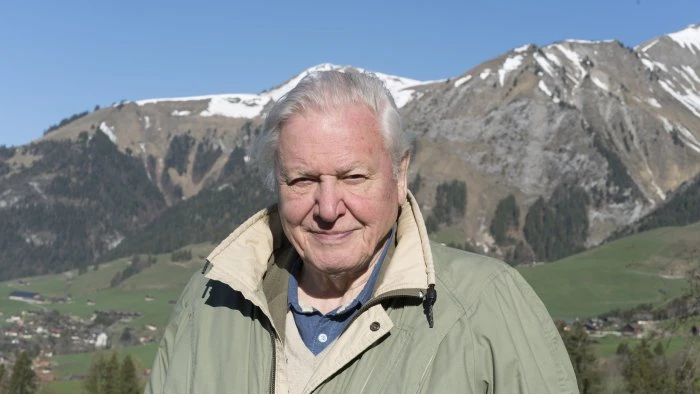
Planet Earth has undoubtedly had a lasting impact on both the conservation movement and the global conversation about climate change. It has been a catalyst for increased environmental awareness and action, helping to shape how audiences view the natural world and our role in its protection. The only concern is – has it come too late?
Planet Earth can be watched on the BBC iPlayer
Chernobyl
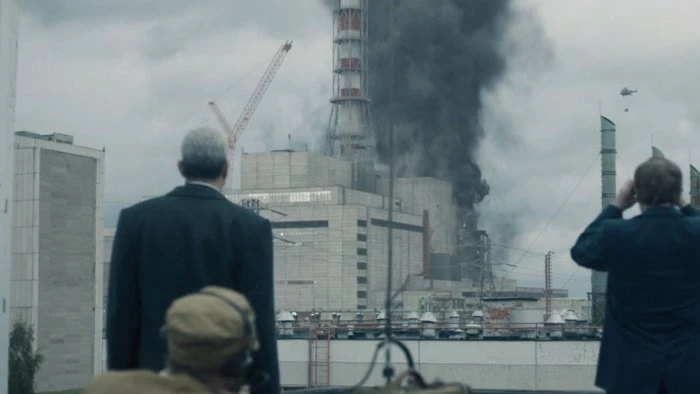
Chernobyl delivers a hauntingly powerful and deeply human portrayal of one of the most catastrophic nuclear disasters in history. Through its meticulous attention to detail, the series pulls back the veil on the harrowing events that led to the explosion, exposing not just the technical failures that ignited the disaster, but also the chilling response from the Soviet government. The government’s reckless disregard for the truth and its prioritisation of political power over the safety of its citizens emerge as key factors in the tragedy. The series confronts the lies and the cover-up that exacerbated the crisis, showing how the immense scale of the disaster was hidden from the world—and from those most affected.
It doesn’t stop at the explosion itself, but plunges into the aftermath, revealing the profound, lifelong consequences for those who endured the fallout. The survivors—sacrificed by the system, left to face the agonising realities of radiation exposure, and abandoned in once-thriving cities—are portrayed with compassion and dignity. The human cost of this disaster is raw and devastating, and Chernobyl never shies away from exposing the depths of this suffering.
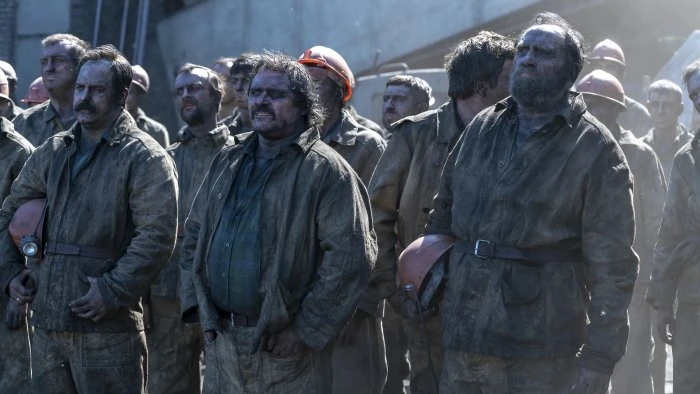
The series has been universally acclaimed for its gripping, emotional storytelling and its unwavering commitment to the truth, balancing the technical with the deeply personal. The performances are nothing short of extraordinary, capturing the moral complexities of the moment and the raw emotions of those caught in the disaster's wake. Its success is reflected in the numerous accolades it garnered, including 10 Primetime Emmy Awards, a Golden Globe, and several Critics' Choice Awards, cementing its place not just as a historical account, but as a searing reminder of the human toll of neglect, deceit, and unchecked power. Chernobyl stands as a powerful warning to future generations about the dangers of complacency and the cost of sacrificing truth for power.
The series is available through Sky Atlantic and NOW TV
Exposure: The Other Side of Jimmy Savile
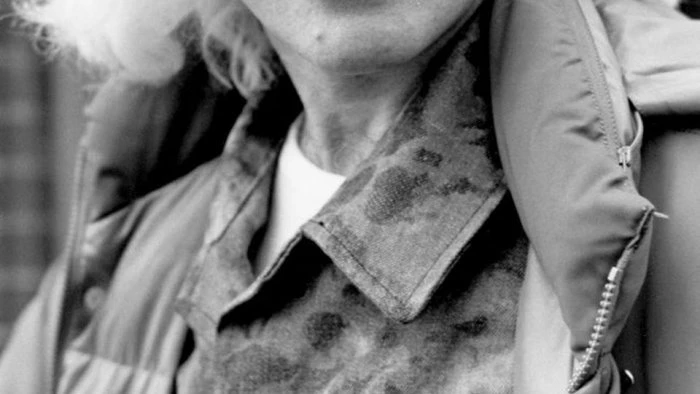
First aired in October 2012 on ITV, Exposure: The Other Side of Jimmy Savile was a ground-breaking and deeply unsettling documentary that exposed the dark, hidden side of the late television presenter and entertainer who was once a beloved figure in British culture. Savile's reputation was shattered after the documentary aired, revealing disturbing allegations of sexual abuse and misconduct spanning decades.
The documentary delved into the lives of Savile's victims, with numerous women and men speaking out for the first time about the abuse they suffered at his hands. Savile, known for his eccentric persona and iconic role as a television host on shows like Top of the Pops and Jim’ll Fix It, had for years been untouchable in the eyes of the public, admired for his charity work. However, the documentary presented a different, horrifying side to his character, one marked by allegations of predatory behaviour, manipulation, and the abuse of vulnerable individuals.
The documentary's impact was immediate and far-reaching. Its revelations led to a seismic shift in how the public viewed Savile, who had died a year earlier in 2011. Prior to this, Savile was largely seen as a figure of goodwill, and any accusations against him were dismissed or overlooked. But Exposure triggered a wave of further investigations, both by the media and law enforcement, into his decades-long reign of abuse. The aftermath included a large-scale police inquiry, Operation Yewtree, which expanded into investigations of other prominent figures in British entertainment, leading to several high-profile arrests and trials.
The fallout from the documentary and the subsequent investigations was profound. The scale of Savile's abuse, which included children, young adults, and vulnerable individuals, shocked the nation. His status as a cultural icon made the allegations even more difficult to comprehend, as many questioned how such behaviour could have gone undetected for so long. The documentary also raised uncomfortable questions about the institutions that enabled Savile's behaviour, including the BBC, which had given him significant power and access to vulnerable people over the years. Critics of the BBC argued that the corporation had failed to investigate or take action on numerous allegations, even after they had surfaced in the past.
While the documentary itself was, and still is whenever viewing it, harrowing, it also serves as a crucial turning point in the conversation about abuse and the accountability of public figures. Its impact was felt far beyond the television screen, sparking conversations about abuse of power, institutional failures, and the need for systemic change in how allegations of sexual abuse are handled.
Exposure: The Other Side of Jimmy Savile was not just a documentary but a cultural moment that exposed the darkest corners of a seemingly untouchable celebrity’s life. It shook the foundations of British media and society, forcing both public figures and institutions to confront distressing truths. The documentary remains an essential piece of television journalism, its legacy continuing to resonate in the ongoing discussions about abuse, power, and accountability.
This documentary is on ITVX and Youtube.
Mr Bates vs The Post Office
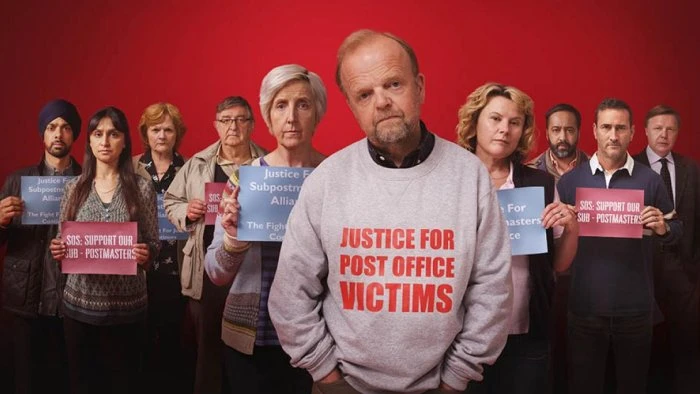
The anger and sense of injustice portrayed in Mr Bates vs The Post Office resonated deeply with the British public and even reached the highest levels of government, creating an outcry of unfairness not generated by a television production since Cathy Come Home aired in the 1960s. The four-episode drama brought a devastating real-world injustice to light, sparking such widespread outrage that UK Prime Minister Rishi Sunak called it, “one of the greatest miscarriages of justice in British history.”
The series dramatized the true story of a major scandal involving the UK Post Office, which had a severe impact on the lives of hundreds of sub postmasters. Between 1999 and 2015, over 900 sub postmasters were wrongfully prosecuted, many facing charges of theft, fraud, and false accounting, with some even sent to prison. The series focused on Alan Bates, a sub postmaster who became a central figure in the fight for justice and led the campaign to expose these wrongful convictions.
At the heart of the scandal was the Post Office's introduction of the Horizon computer system, which falsely showed discrepancies in the accounts of sub postmasters. Despite knowing that the system was flawed and unreliable, the Post Office pursued criminal charges, blaming the sub postmasters for issues they had no control over.
The drama not only exposed the technical failure of the Horizon system but also highlighted the devastating personal consequences for the wrongly accused sub postmasters. Many lost their jobs, faced public disgrace, and endured severe emotional and financial hardship. Tragically, four individuals even took their own lives.
In May 2024, the UK Parliament passed the Post Office (Horizon System) Offences Act 2024, which allowed for the quashing of convictions related to the Horizon system, even for those who are no longer alive. However, despite the passage of this law, most of those wrongfully accused are still awaiting compensation, meaning the repercussions of the scandal continue to unfold in the most disgraceful of circumstances.
This series is available on ITVX and Amazon Prime Video but there is a cost for the latter
Pose
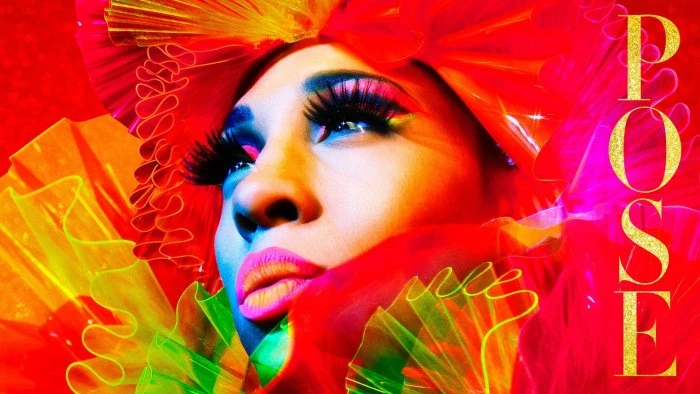
Set during the height of the HIV/AIDS crisis, Pose (2018–2021) was a ground-breaking television drama series created by Ryan Murphy, Brad Falchuk, and Steven Canals. Set in the late 1980s and early 1990s, Pose focused on the world of New York's ball culture, a subculture that emerged in the city in the late 20th century, where Black and Latino LGBTQ+ people could create their own families, perform, and celebrate their identities through "ballroom competitions." The show was praised for its portrayal of the often-marginalised lives of queer and transgender people, as well as its focus on LGBTQ+ rights, race, and identity during a pivotal period in American history.
The show gave visibility to an often overlooked and marginalized community, and its impact extended beyond television. It became a platform for discussing issues such as transgender rights, HIV/AIDS awareness, racial justice, and LGBTQ+ inclusion. A revolutionary and deeply moving series highlighting the intersection of race, class, gender, and sexuality, Pose offered a window into a vibrant community that has often been overlooked. Through its powerful storytelling, Pose has reshaped the way we think about representation and has given voice to a community that continues to fight for acceptance, dignity, and love.
Pose is on BBC iPlayer and Disney+
Whilst this article has highlighted five television programmes from the 21st century that challenge the way we view the world, it is not, of course, an exhaustive collection.
There are countless other shows that offer fresh, thought-provoking perspectives on various aspects of life, culture, and society. The programmes not included here are by no means any less valuable or impactful; rather, this selection reflects those that I believe stand out for their ability to provoke meaningful discussions and encourage viewers to critically examine the world around them.
These programmes represent just a fraction of the diverse range of television content that continues to shape and reflect our understanding of contemporary issues. Ultimately, the world of television is vast and varied, with numerous programmes offering unique insights that deserve recognition.
Even into the 21st Century, television continues to wield the power to change the world.
Published on December 3rd, 2024. Written by Laurence Marcus for Television Heaven.


